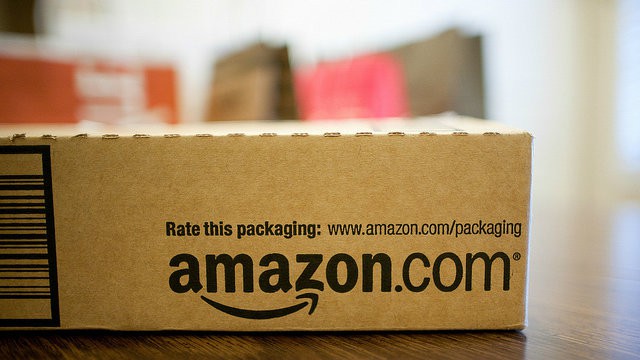On April 30, 2018, Amazon.com, Inc. (NASDAQ:AMZN) announced that it would be hiring 3,000 more high-tech employees to expand its current force in Vancouver, Canada. This is in addition to the 1,000 employees already working there. While this is great news and will spur much-needed growth and innovation in the Canadian tech sector, there is one Canadian company that is likely not thrilled to see this announcement.
King of e-commerce in America
Amazon is currently the second-largest company in the world and closing in on a trillion-dollar market cap. The company has achieved this by methodically gaining massive market share in major industries in the United States, including but not limited to bookstores, electronic retailers, grocery stores, and health care.
In 2017, Amazon captured a staggering 44% of all U.S. e-commerce sales. This was approximately 4% of the country’s total retail sales figure. Amazon has 24 years of experience in e-commerce and has collected extensive data on its customers.
Amazon is just gaining steam in Canada
In Canada, Amazon only has an estimated 1% market share of total retail sales. This can be attributed to a few challenges faced, such as a lower population density and higher labour costs; however, demand for e-commerce is increasing. The colder climate of Canada should also further increase demand for home deliveries, and all of this spells trouble for Loblaw Companies Ltd. (TSX:L).
Loblaw is gearing up for battle
Loblaw is the largest food retailer in Canada, and it has a serious new threat with Amazon. Amazon purchased Whole Foods for US$13.7 last fall. This has given Amazon an immediate presence in the brick-and-mortar playing field that Loblaw is in.
Loblaw currently offers a “click-and-collect” platform, which allows customers to pick up online orders in the parking lot of grocery stores. While this does enhance the customer experience, the industry is heading towards home delivery. Amazon is already gaining valuable experience with this and is already able to offer two-hour delivery in four cities in Texas, Ohio, and Virginia from its Whole Foods locations.
Grocery stores of the future
Amazon is aiming to make the brick-and-mortar grocery shopping experience even more seamless than any Loblaw currently. The company has launched a checkout-free grocery store in Seattle called Amazon Go. Upon entering the store, the customer scans into their account with their smartphone. They then proceed to take groceries from the shelves, and a series of cameras using artificial intelligence will record the action. After shopping is complete, the customer can walk out the store, and payment will be automatically recorded.
Conclusion
Loblaw faces serious competition in the battle for the grocery stores of the future. With Amazon looking to offer both a superior in-person and online shopping experience, Loblaw could quickly lose market share, as Amazon rises to prominence. It’s going to be difficult for Loblaw to compete in e-commerce against Amazon with its superior distribution and technology capabilities.
If you hold Loblaw stock, keep a close eye on what Amazon is doing in Canada in the future.










